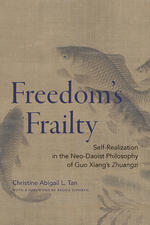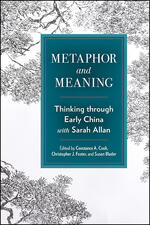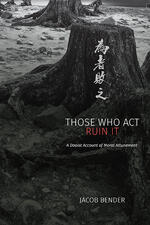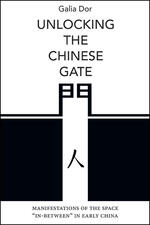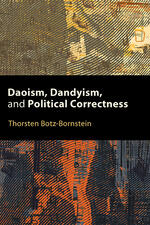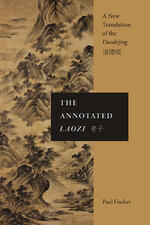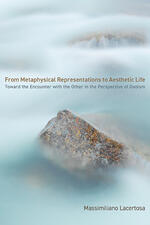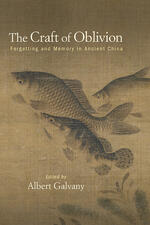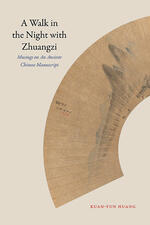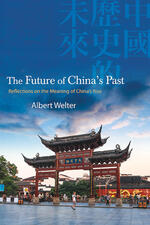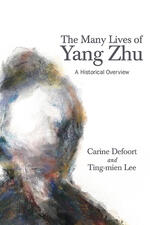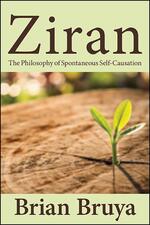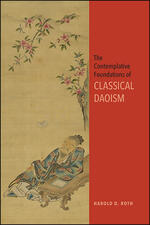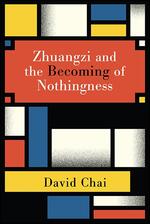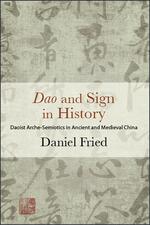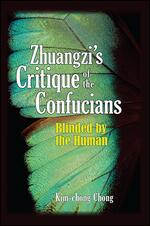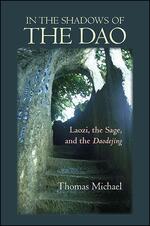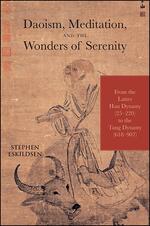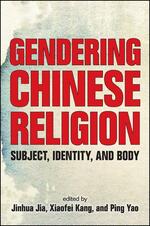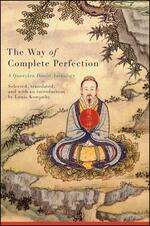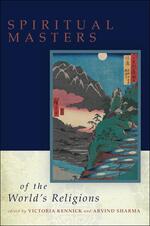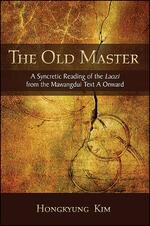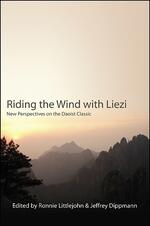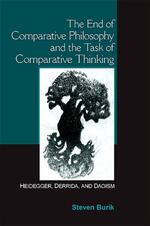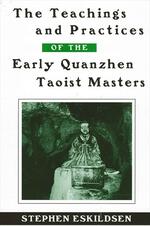Taoism
Freedom's Frailty
Draws on Guo Xiang's commentary on the Zhuangzi to construct an account of freedom that is both metaphysical and political.
Metaphor and Meaning
Examines questions of cosmos, society, and self through the metaphors and language of ancient Chinese texts and artifacts.
Those Who Act Ruin It
Presents an iconoclastic account of morality and moral discourse from the perspective of Daoist philosophy.
Unlocking the Chinese Gate
Offers an innovative analysis of gates—as architectural components, visual images, and mental constructs—in early Chinese thought and material culture.
Daoism, Dandyism, and Political Correctness
Argues that Daoism and dandyism, linked by likeminded philosophies of “carefree wandering,” deconstruct the puritanism and political correctness sought by Confucianism, Victorianism, and contemporary neoliberal culture.
The Annotated Laozi
A clear translation and helpful explanations illuminate this ancient classic of self-cultivation for a modern audience.
From Metaphysical Representations to Aesthetic Life
Reevaluates Western and Chinese philosophical traditions to question the boundaries of entrenched conceptual frameworks.
The Craft of Oblivion
Examines the intersections between forgetting and remembering in classical Chinese civilization.
A Walk in the Night with Zhuangzi
A complete translation and analysis of "All Things Flow into Form" (Fan wu liu xing), a recently discovered manuscript from the Warring States period (481–221 BCE).
The Future of China's Past
Addresses the question of China's rise and what it portends for the future.
The Many Lives of Yang Zhu
Presents the most important portrayals of the Daoist master Yang Zhu throughout Chinese history, from the Warring States period until today.
Ziran
The ancient concept of spontaneous self-causation (ziran) from Daoism opens a path to understanding human action as self-organizing, attention as effortless, and art as somatic.
The Contemplative Foundations of Classical Daoism
Brings early Daoist writings into conversation with contemporary contemplative studies.
Zhuangzi and the Becoming of Nothingness
Investigates the cosmological and metaphysical thought in the Zhuangzi from the perspective of nothingness.
Dao and Sign in History
Provides a new perspective on important linguistic issues in philosophical and religious Daoism through the comparative lens of twentieth-century European philosophies of language.
Zhuangzi's Critique of the Confucians
Looks at the Daoist Zhuangzi's critique of Confucianism.
In the Shadows of the Dao
Challenges standard views of the origins of the Daodejing, revealing the work’s roots in a tradition of physical cultivation.
Daoism, Meditation, and the Wonders of Serenity
An overview of Daoist texts on passive meditation from the Latter Han through Tang periods.
Gendering Chinese Religion
A gender-critical consideration of women and religion in Chinese traditions from medieval to modern times.
The Way of Complete Perfection
An anthology of English translations of primary texts of the Quanzhen (Complete Perfection) school of Daoism.
Spiritual Masters of the World's Religions
Discusses the notion of a spiritual master and looks at examples in a variety of world religions.
The Old Master
A unique translation of and commentary on the Laozi, based on the oldest edition of the work.
Riding the Wind with Liezi
New attention and fresh perspectives on the classic, but neglected, text of Daoism, the Liezi.
The End of Comparative Philosophy and the Task of Comparative Thinking
A work of and about comparative philosophy that stresses the importance of language in intercultural endeavors.
The Teachings and Practices of the Early Quanzhen Taoist Masters
Explores the religion developed by the Quanzhen Taoists, who sought to cultivate the mind not only through seated meditation, but also throughout the daily activities of life.
